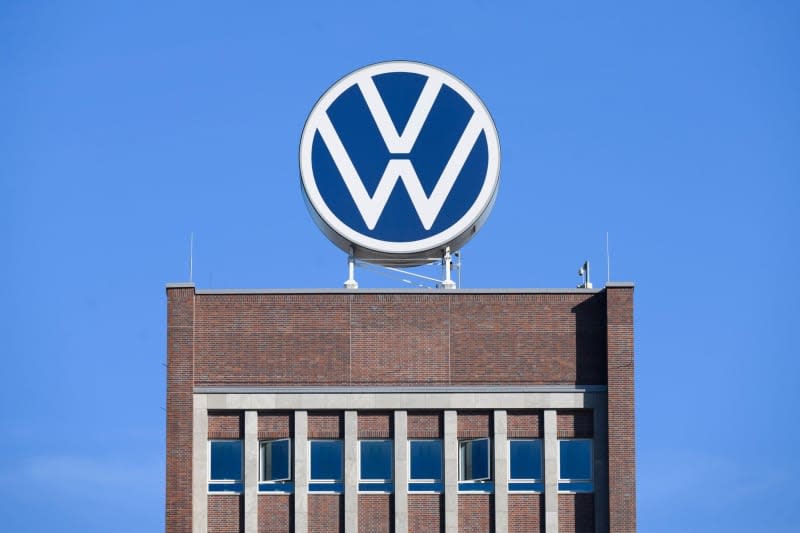Volkswagen in talks with Chinese partner about Xinjiang business

German carmaker Volkswagen is examining a reorganization of its activities in the Chinese region of Xinjiang in light of possible human rights violations.
"The Volkswagen Group is currently in talks with the non-controlled joint venture Saic-Volkswagen about the future direction of its business activities in Xinjiang province," a company spokesman told dpa on Wednesday.
"Various scenarios are currently being intensively examined."
The Volkswagen spokesman left open whether a withdrawal from the region was also under discussion. He would not comment on the content of the ongoing talks.
The VW site in Urumqi, which opened in 2013, has been criticized for possible human rights violations in the province inhabited by the Muslim Uyghur minority.
In the summer, the car manufacturer commissioned a company to investigate the working conditions at the controversial plant in Xinjiang for human rights violations. The auditors announced in December that they had found no evidence or proof of forced labour among the employees.
On Wednesday, the Handelsblatt newspaper reported that forced labourers may have been used in the construction of a test track belonging to the site in Turpan in the region. The newspaper cited information from VW employees and research by scientist Adrian Zenz.
A VW spokesman stated that the company had not yet received any evidence of human rights violations in connection with the test site. In the event of new findings or indications, VW will investigate these and take appropriate measures if necessary, he added.
The test track was not part of the audit of the business in Xinjiang by the consultancy firm, VW admitted. "It was not possible to audit the test track in Turpan as part of the previous ESG audit at the Urumqi site."
Last week, German chemical giant BASF announced that it will sell its shares in two joint ventures in China following reports of possible human rights violations at the plants targeting Uyghurs.
Several politicians then called on Volkswagen to do the same.
"Volkswagen likes to talk about integrity and being a role model regardless of economic or social pressure," the deputy leader of the Free Democrats' parliamentary group, Gyde Jensen, told Handelsblatt on Wednesday.
"Anyone who is truly committed to this principle should leave Xinjiang."
Michael Brand, spokesman for human rights policy for the conservative opposition CDU/CSU parliamentary group, called for the closure of the VW plant in Xinjiang in the Tagesspiegel paper: "The scandal at VW is actually even bigger than at BASF because the state of Lower Saxony is complicit as a shareholder."
Lower Saxony holds a 20% stake in the voting rights of the Volkswagen Group.
"The reporting on the conditions under which the test track in Turpan was built is worrying," said Lower Saxony's State Premier Stephan Weil, who sits on the VW Supervisory Board.
The state government in Hanover is taking the indications of possible forced labour very seriously, he said. "In all business activities of Volkswagen and its partners, basic fundamental and human rights must be respected."
VW had previously pointed out that the Urumqi plant in Xinjiang was a joint venture with the Chinese partner Saic, in which the partner had the controlling majority. The contract runs until 2029.
According to previous VW statements, the Urumqi site now only has around 197 employees who exclusively prepare vehicles for delivery. Car production has now been discontinued at the site and the number of employees has been reduced from 650 to less than 200.
Volkswagen last stated at the beginning of February that it takes its responsibility as a company in the area of human rights very seriously worldwide - including in China. The company adheres closely to the UN Guiding Principles on Business and Human Rights, it said.
Uyghurs, members of other minorities and human rights organizations have been reporting for years that hundreds of thousands of people in Xinjiang are being sent to re-education camps against their will, in some cases tortured and forced to perform forced labour.
The Chinese government denies these allegations.

